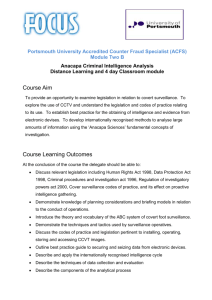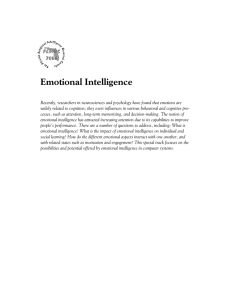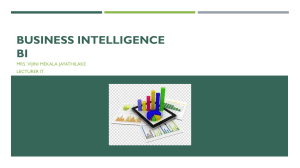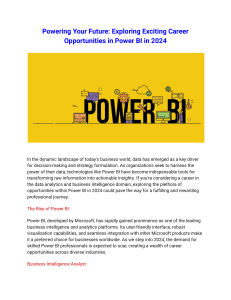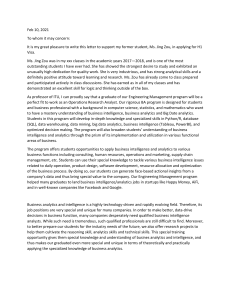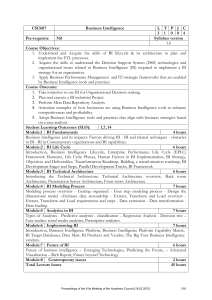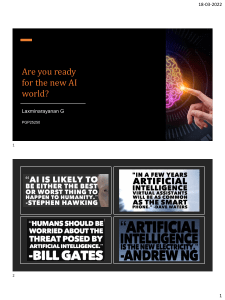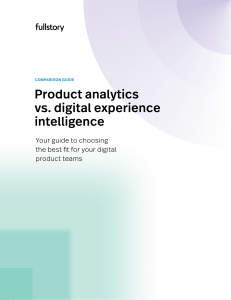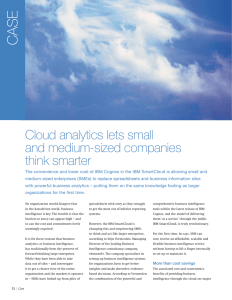Preface
advertisement
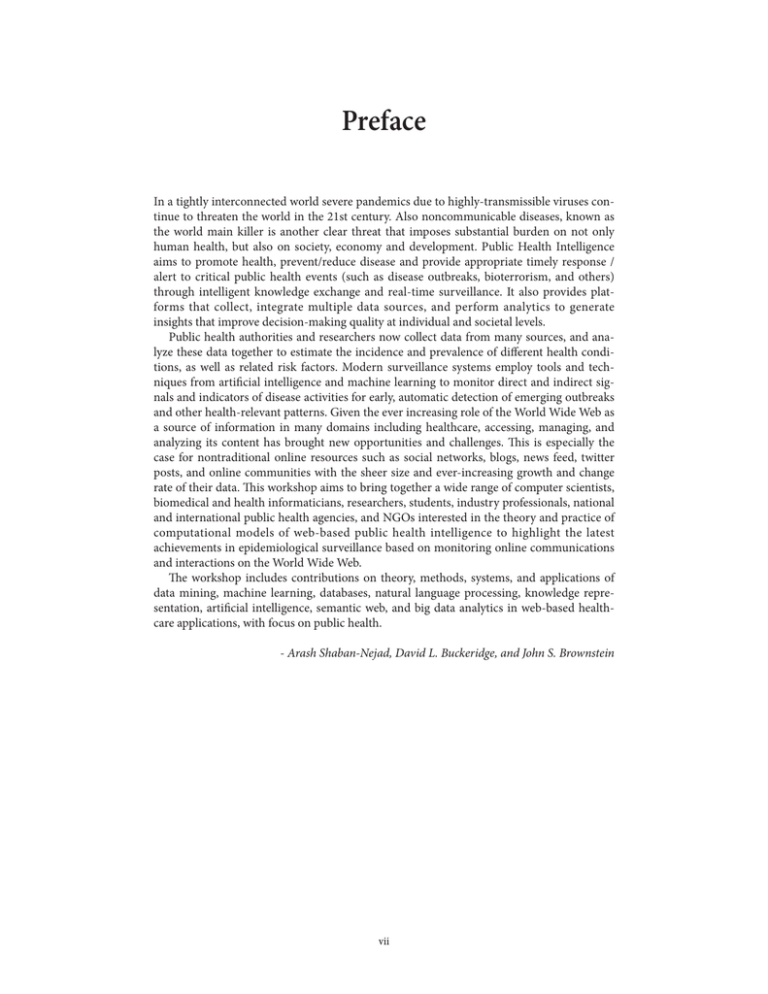
Preface In a tightly interconnected world severe pandemics due to highly-transmissible viruses continue to threaten the world in the 21st century. Also noncommunicable diseases, known as the world main killer is another clear threat that imposes substantial burden on not only human health, but also on society, economy and development. Public Health Intelligence aims to promote health, prevent/reduce disease and provide appropriate timely response / alert to critical public health events (such as disease outbreaks, bioterrorism, and others) through intelligent knowledge exchange and real-time surveillance. It also provides platforms that collect, integrate multiple data sources, and perform analytics to generate insights that improve decision-making quality at individual and societal levels. Public health authorities and researchers now collect data from many sources, and analyze these data together to estimate the incidence and prevalence of different health conditions, as well as related risk factors. Modern surveillance systems employ tools and techniques from artificial intelligence and machine learning to monitor direct and indirect signals and indicators of disease activities for early, automatic detection of emerging outbreaks and other health-relevant patterns. Given the ever increasing role of the World Wide Web as a source of information in many domains including healthcare, accessing, managing, and analyzing its content has brought new opportunities and challenges. This is especially the case for nontraditional online resources such as social networks, blogs, news feed, twitter posts, and online communities with the sheer size and ever-increasing growth and change rate of their data. This workshop aims to bring together a wide range of computer scientists, biomedical and health informaticians, researchers, students, industry professionals, national and international public health agencies, and NGOs interested in the theory and practice of computational models of web-based public health intelligence to highlight the latest achievements in epidemiological surveillance based on monitoring online communications and interactions on the World Wide Web. The workshop includes contributions on theory, methods, systems, and applications of data mining, machine learning, databases, natural language processing, knowledge representation, artificial intelligence, semantic web, and big data analytics in web-based healthcare applications, with focus on public health. - Arash Shaban-Nejad, David L. Buckeridge, and John S. Brownstein vii

